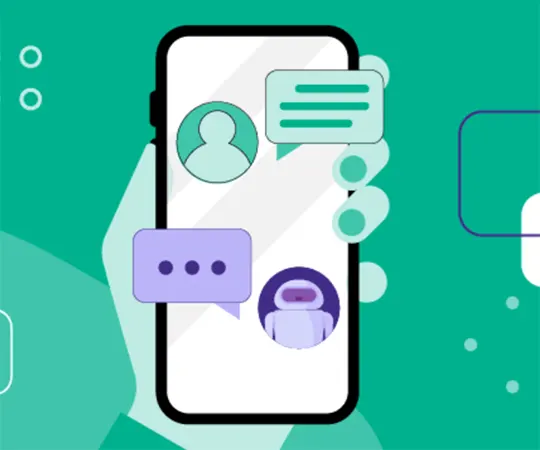
A study reveals that social chatbots which are a dynamic form of artificial intelligence (AI) play a major role in reducing feelings of loneliness and social anxiety among university students. The research revealing this information was featured in the Journal of Medical Internet Research.
The research was led by Professor Dooyoung Jung and his team at the Graduate School of Health Science and Technology at UNIST, in partnership with Professor Chul-Hyun Cho from the Department of Psychiatry at Korea University Anam Hospital.
It explored the effects social chatbots have on mental health, highlighting their potential in the field of therapy. The main focus of the research was on the popular social chatbot ‘Iruda 2.0’.
176 participants interacted with the chatbot more than three times a week for straight four weeks. Their levels of loneliness and social anxiety were measured using the established survey tools.
The team compared and analyzed the data that was collected before and after the intervention. In addition to this, they conducted some interviews to get to know more about the experiences of the participants.
The goal was to assess how engaging with chatbots could affect and boost emotional well-being and encourage social connections. The findings reveal that consistent interactions with social chatbots could lead to a 15% reduction in loneliness scores. Not only this, but an 18% decrease in social anxiety scores was also noted.
The ability of chatbots to alleviate loneliness was particularly pronounced when users shared details about their emotions, experiences, and thoughts. The results indicated that chatbots may offer more substantial emotional support for those who face difficulty in interacting face-to-face.
Myungsung Kim, the lead author of the study and a PhD student at UNIST’s Graduate School of Health Science and Technology remarked, “We have established that social chatbots can be powerful digital resources for reducing loneliness and anxiety.”
